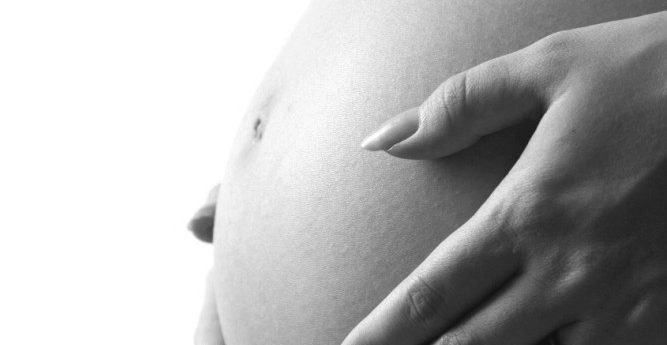Biomarker BDNF could be associated with depression in pregnant women

A study published in Psychoneuroendocrinology demonstrates a link between lower blood levels of biomarker, brain-derived neurotrophic factor (BDNF), and depression in pregnant women.
Scientists investigated the change in BDNF levels that occurs during pregnancy, which may cause depression and low fetal birth weight.
Researchers from The Ohio State University Wexner Medical Center (OH, USA) obtained blood samples from 139 women – during and after pregnancy – and observed BDNF levels drop from the first to third trimester, with levels increasing postpartum.
Associate professor Lisa Christian (The Ohio State University Wexner Medical Center) reported: “Our research shows BDNF levels change considerably across pregnancy and provide predictive value for depressive symptoms in women, as well as poor fetal growth. It’s notable that we observed a significant difference in BDNF in women of different races.”
It was observed that lower levels of BDNF in the second and third trimester predicted increased depressive symptoms during the later stages of pregnancy. Importantly, women who delivered low weight infants demonstrated very low BDNF in the third trimester but their depressive symptoms did not differ – indicating separate effects.
Christian concludes: “The good news is there are some good ways to address the issue…Antidepressant medications have been shown to increase BDNF levels. This may be appropriate for some pregnant women, but is not without potential risks and side effects…
Luckily, another very effective way to increase BDNF levels is through exercise… With approval from your physician, staying physically active during pregnancy can help maintain BDNF levels, which has benefits for a woman’s mood, as well as for her baby’s development.”
Sources: Christian LM, Mitchell AM, Gillespie SL et al. Serum brain-derived neurotrophic factor (BDNF) across pregnancy and postpartum: Associations with race, depressive symptoms, and low birth weight. Psychoneuroendocrinology 74, 69–75 (2016); www.sciencedaily.com/releases/2017/01/170112113843.htm
